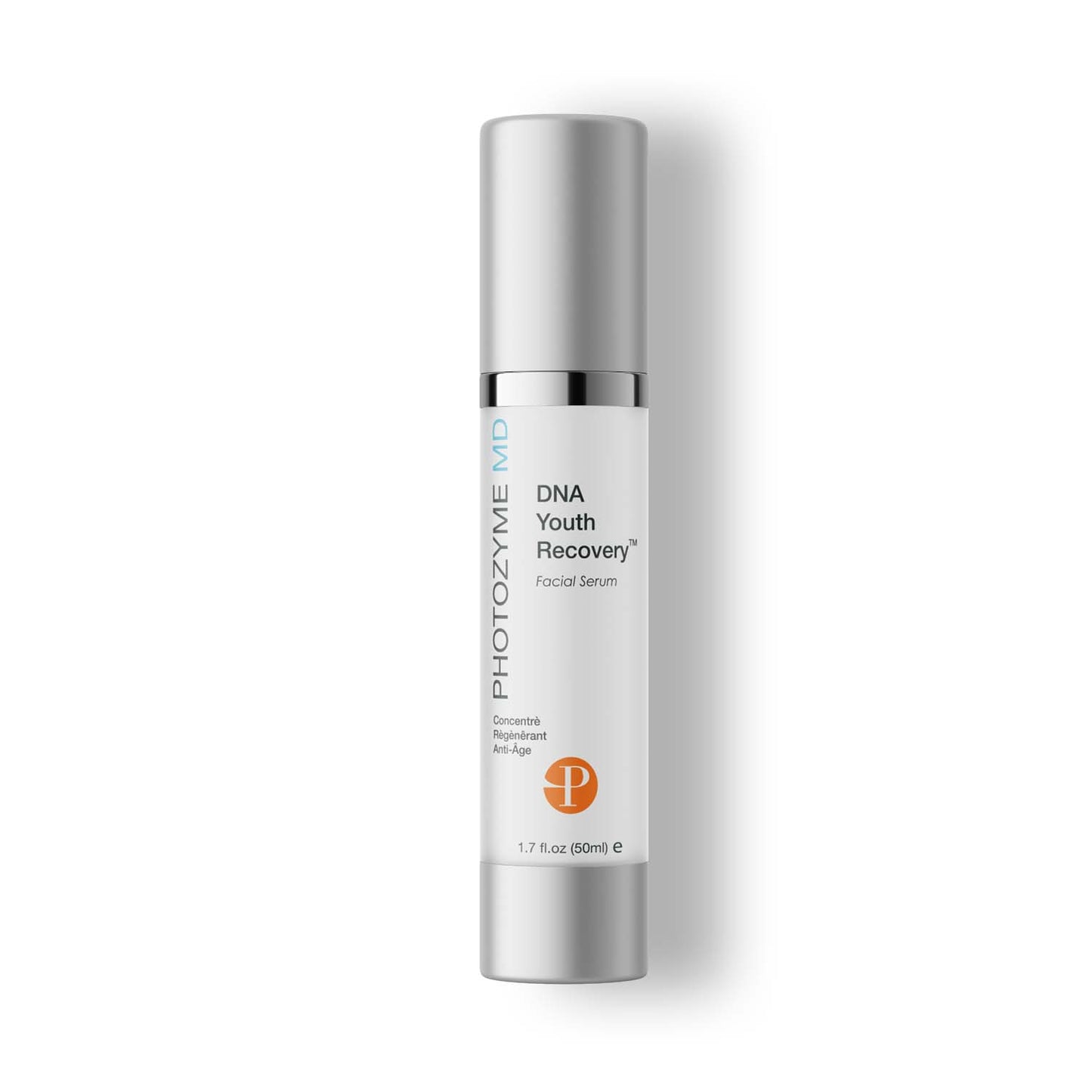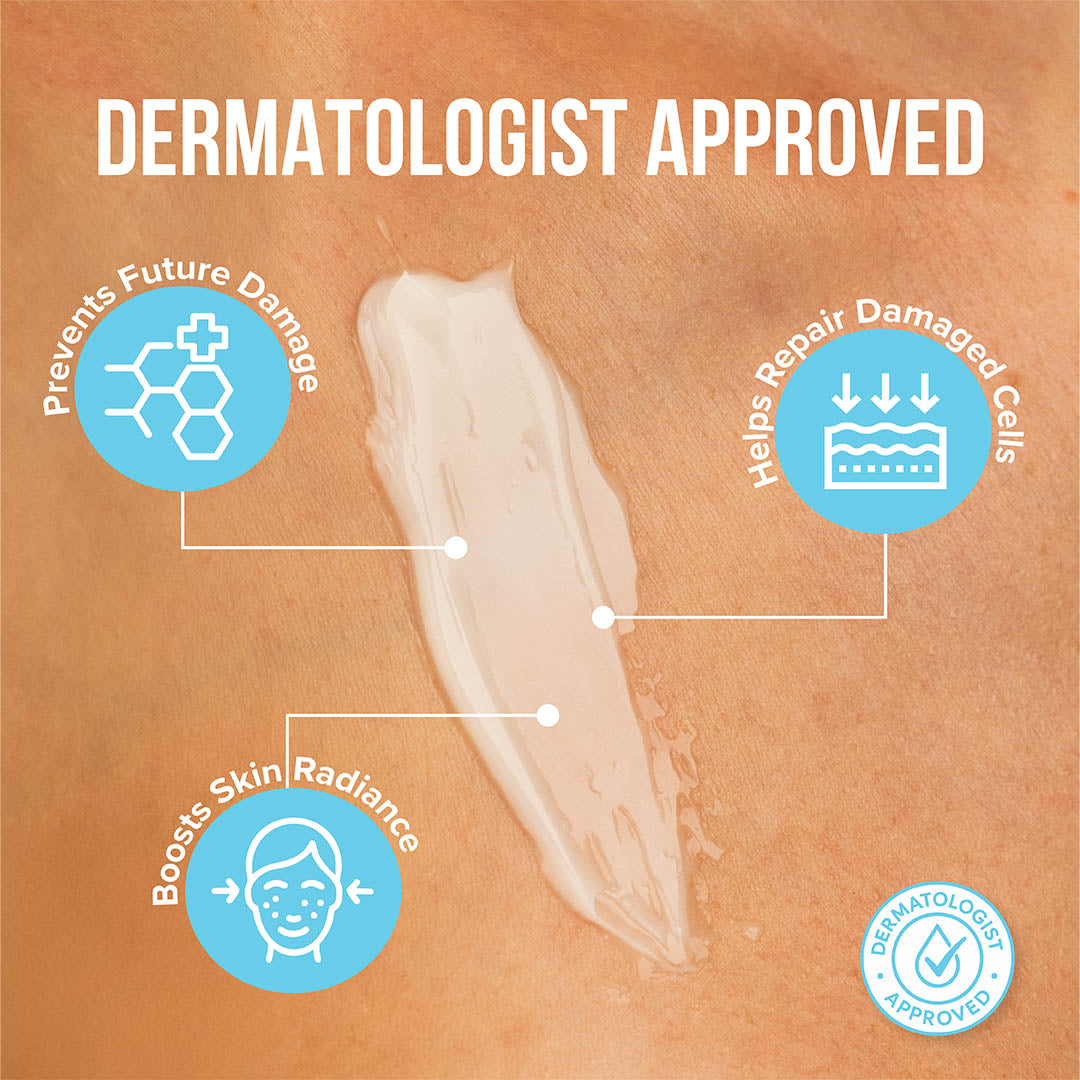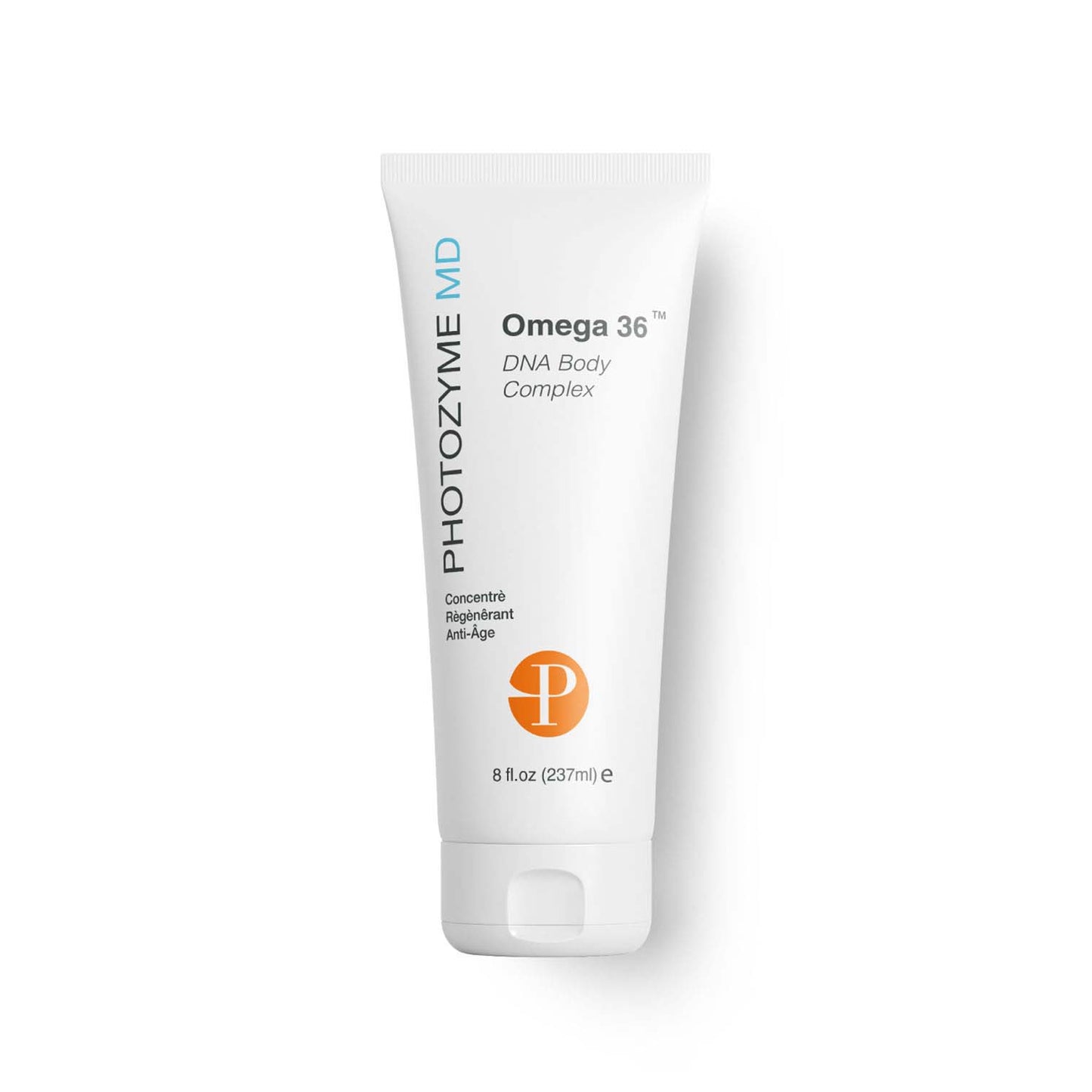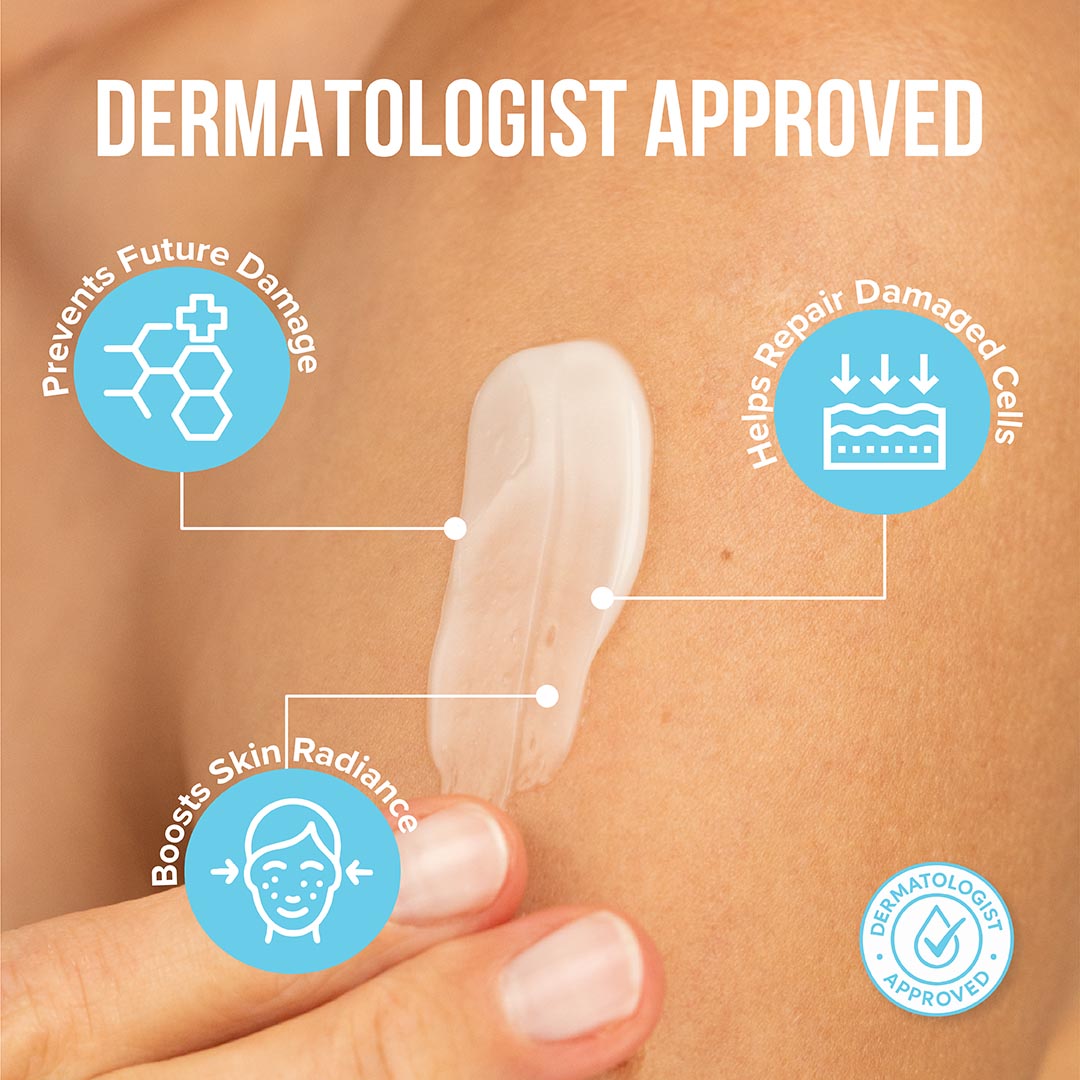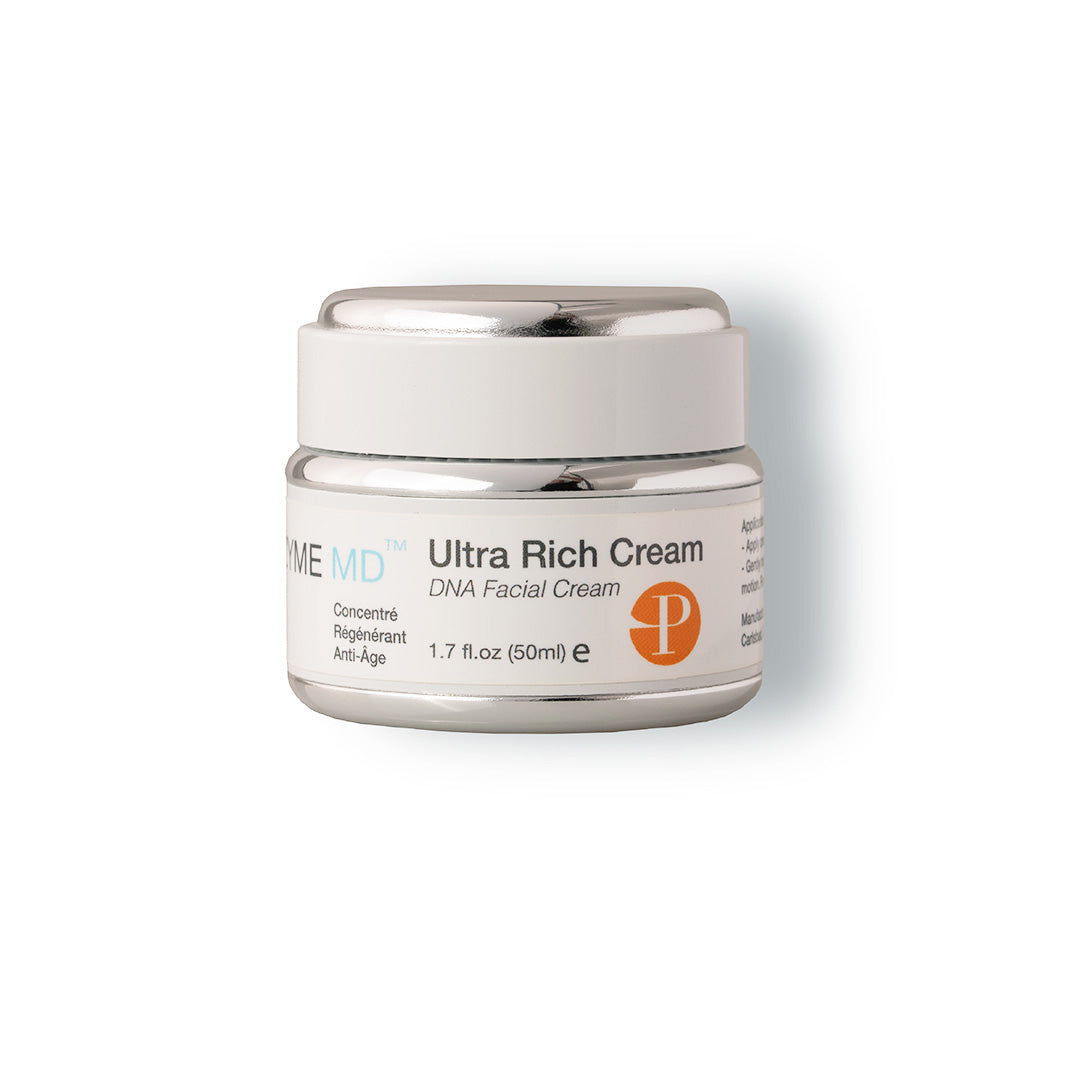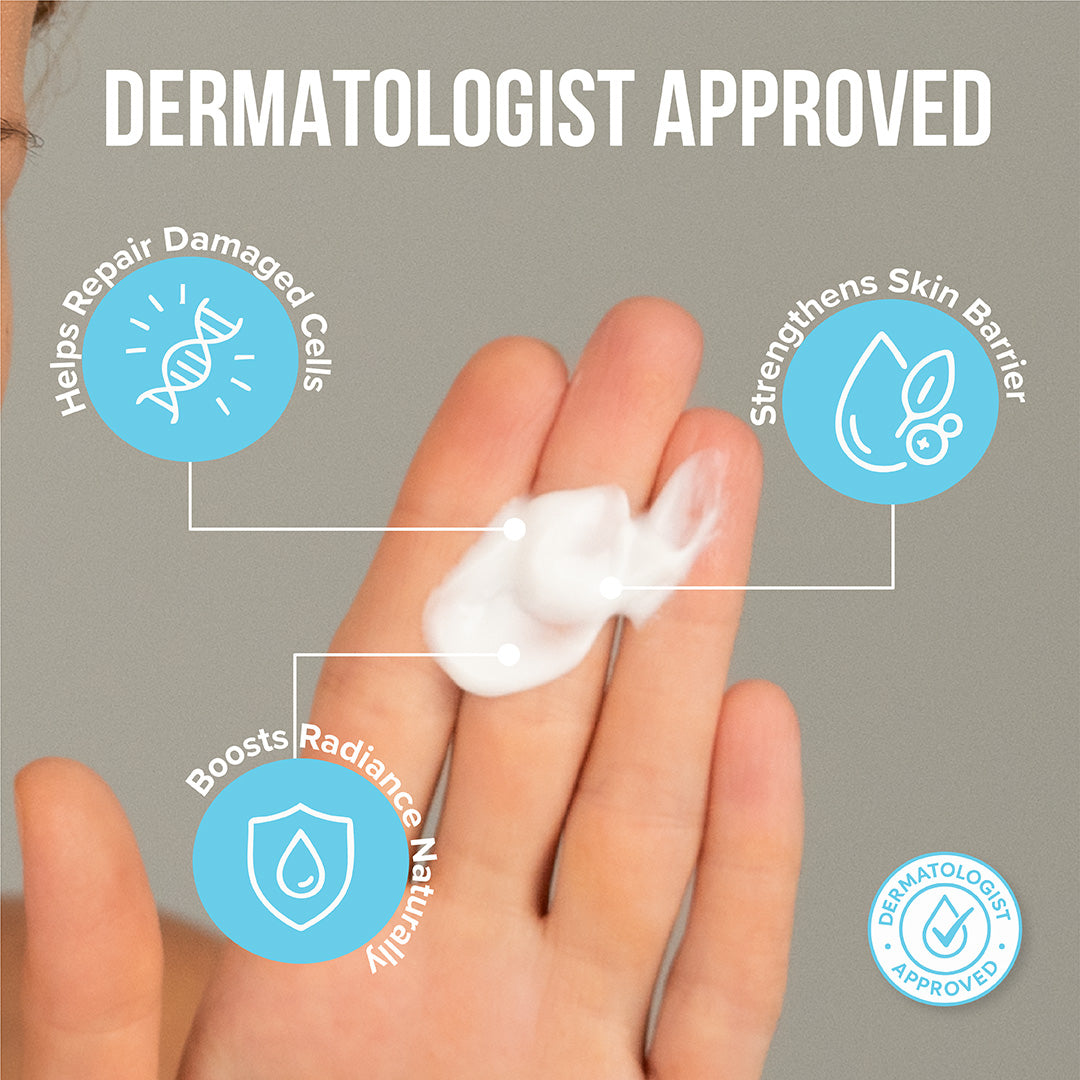Acne-prone skin presents unique challenges in maintaining optimal hydration. Many individuals with breakouts assume that moisturizing will exacerbate oiliness or worsen congestion, but the relationship between hydration and acne is more nuanced and rooted in biological processes.
Barrier Function And Compensatory Oil Production
Your skin is a complex organ, reliant on a healthy moisture barrier to regulate sebum production and defend against environmental aggressors. When this barrier is compromised, due to harsh cleansers, ecological factors, or the natural progression of acne, it may overproduce oil in response. This often creates a cycle in which skin remains oily and dehydrated, reducing its ability to recover and increasing the likelihood of further breakouts.
Ingredients For Acne-Prone Skin
Selecting an appropriate moisturizer involves understanding ingredient science. Look for non-comedogenic formulations that support barrier integrity without contributing to pore congestion. Effective products often contain humectants like glycerin or hyaluronic acid to draw in water and lightweight emollients to prevent moisture loss without leaving a heavy finish. If you’ve been wondering how to hydrate skin without worsening breakouts, this combination of barrier-safe and clinically validated ingredients is the answer.
Supporting Skin Health Beyond Surface Hydration
Specific anti-inflammatory agents, such as niacinamide and panthenol, can calm redness and support healing from active lesions. More advanced hydrating formulas may also help repair visible photodamage by aiding the skin’s natural renewal mechanisms. The key lies in a scientific formulation that respects the skin’s physiology, maintains structural balance, and avoids irritants commonly linked to acne flares.
Combining Acne Treatment With Anti-Aging Benefits
Balancing effective acne management with proactive anti-aging care presents a challenge, especially for those with sensitive, blemish-prone skin. Most traditional acne treatments target excess oil production, bacterial buildup, and inflammation. Still, these same formulations can dehydrate the skin and compromise its natural barrier, potentially accelerating visible signs of aging like fine lines or uneven tone.
Supporting Repair Without Compromising Clarity
Clinical evidence increasingly points to a science-driven approach that carefully integrates hydrating, non-comedogenic moisture with advanced reparative ingredients. You want a formula that restores barrier function, soothes irritation, and aids in mitigating long-term environmental damage. Look for moisturizers infused with antioxidants, ceramides, and cell-communicating agents. These build resilience against oxidative stress while supporting the skin’s regenerative processes. For those wondering what the best moisturizer for aging skin is, the answer lies in solutions that deliver anti-aging actives without disrupting acne-prone skin.
Targeted Delivery For Maximum Impact
Modern innovations in skincare leverage encapsulation technologies to deliver actives like retinoids, niacinamide, and peptides directly to cellular targets without exacerbating acne. This targeted delivery improves efficacy and limits irritation, making it possible to address active breakouts and premature aging simultaneously.
Choosing The Right Formulation
To optimize outcomes, select science-backed moisturizers that explicitly detail their ingredient profile, clinical testing, and suitability for acne-prone skin. Products engineered for dual benefits help maintain a clear complexion and reinforce the skin’s structural integrity, ensuring a defense against acne, photodamage, and early signs of aging.
